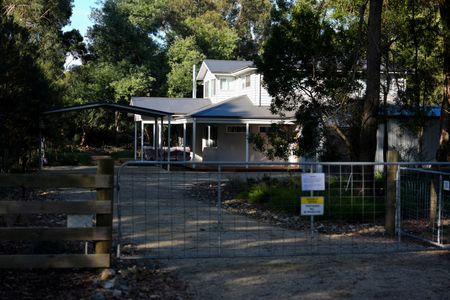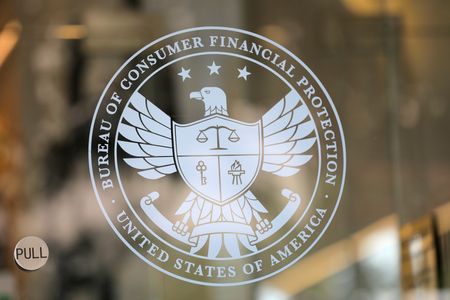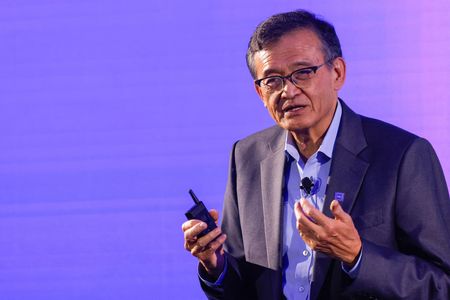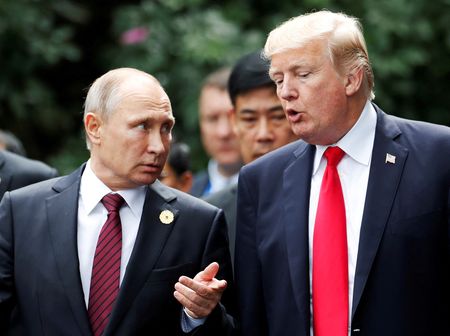By Niklas Pollard
STOCKHOLM (Reuters) – The tariffs announced by U.S. President Donald Trump were “somewhat worse” than expected but Sweden had strong finances and the central bank was ready to act if necessary, Riksbank Governor Erik Thedeen said on Thursday.
Trump announced sweeping new reciprocal tariffs on global trading partners on Wednesday, upending decades of rules-based trade, risking cost increases and possible retaliation from all sides.
Thedeen, on the sidelines of a conference, said the levies were worse than anticipated, especially for some Asian countries.
“It’s bad for us too, but let’s not exaggerate,” he said. “We are in a pretty good position in Sweden to handle this type of turbulence. We have inflation broadly in line with the target and we have strong government finances.”
Exports account for more than half of Sweden’s gross domestic product, and the United States is the second biggest market for Swedish goods and services, after Germany.
The tariffs could have significant impact on individual companies but it was too early to predict their effect on monetary policy, Thedeen said.
Recent strengthening of the Swedish crown was welcome and would help the central bank keep inflation closer to its 2% target.
“There is a risk of a stagflation and it is clear that the risk decreases when the crown moves in this direction,” he said, referring to a combination of high inflation, stagnant growth and elevated unemployment.
Sweden’s central bank held its key policy rate at 2.25% at its March 20 meeting and forecast policy would remain unchanged for the foreseeable future, though uncertainty, not least linked to U.S. policy moves and global trade, was unusually great.
(Reporting by Niklas Pollard, additional reporting by Johan Ahlander, editing by Stine Jacobsen and Bernadette Baum)










